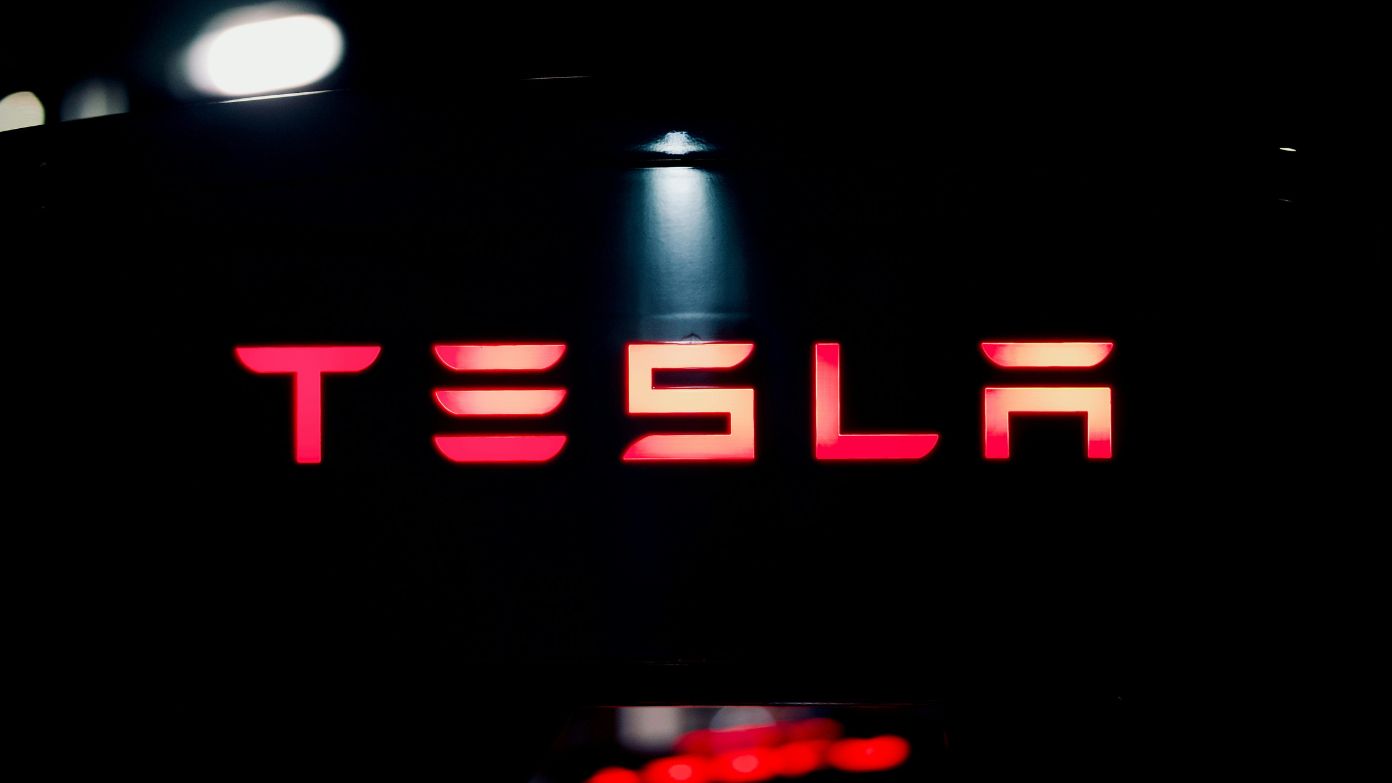Tesla CEO Elon Musk has once again taken center stage—this time to defend his proposed $1 trillion compensation package. During Tesla’s recent earnings call, Musk spoke directly to investors, urging them to approve the deal. He explained that his main concern is not the money itself, but maintaining enough control over the company he helped build.
Why Elon Musk wants voting control
Elon Musk told investors that his push for the compensation plan is about keeping influence over Tesla’s direction. “The point is, I just like … there needs to be enough voting control to give a strong influence, but not so much that I cannot be fired if I go insane,” he said.
In simpler terms, Musk wants to make sure that while he continues to guide Tesla’s vision, he can still be held accountable if something goes wrong. His goal, he explained, is to protect Tesla from outside influences that might not understand the company’s long-term goals.
For those unfamiliar, voting control in a public company means having enough shares or voting power to influence key business decisions. It determines how much say a person has over what happens at a company. Musk currently owns about 13% of Tesla’s outstanding shares, but he believes that may not be enough to keep Tesla on the path he envisions.
The $1 trillion deal and what it means
Tesla’s board of directors first proposed this massive compensation package in September. If approved, it could become the largest executive pay deal in history. The plan would give Musk up to 12% of Tesla’s stock, worth about $1 trillion, if the company reaches certain performance goals over the next decade.
Those targets include Tesla hitting a market value of $8.5 trillion and meeting key operational milestones. For comparison, Tesla’s current market value is around $1.38 trillion.
The proposed reward comes in the form of restricted stock grants, meaning Musk cannot sell the shares right away. The payout would depend entirely on Tesla’s future success. In other words, Musk would only benefit if the company continues to grow significantly.
Recommended:
Musk’s warning about outside influence
During the call, Musk also criticized proxy advisory firms like Institutional Shareholder Services (ISS) and Glass Lewis. These are companies that advise investors on how to vote during shareholder meetings. Musk argued that these firms hold too much influence over how large investment funds vote.
“The core problem here is that so many of the index funds, the passive funds, vote along the lines of whatever Glass Lewis and ISS recommend,” Musk said. “Now, they have made many terrible recommendations in the past that, if those recommendations had been followed, would have been extremely destructive to the future of the company.”
Musk also pointed out that other major tech companies, such as Google and Meta, have special voting structures that protect their founders’ influence. Tesla, however, does not have those protections because of the rules that apply once a company goes public.
He said, “I just do not feel comfortable building a robot army here and then being ousted because of some recommendations from ISS and Glass Lewis, who have no freaking clue.”
How investors are reacting
Tesla’s investors are divided. Some see Musk’s leadership as the main reason for the company’s success and want him to stay in full control. Others worry that the proposed pay package is too much, especially for someone who is already the richest person in the world.
Supporters argue that Musk’s bold ideas and willingness to take risks have made Tesla a leader in electric vehicles and in artificial intelligence.
Critics, on the other hand, question whether such a massive reward is fair, even if it depends on future results. Some shareholders also worry that Musk’s attention is split between Tesla, SpaceX, and his other ventures, including X (formerly Twitter).
What happens next
Shareholders will soon vote on whether to approve the $1 trillion package and the re-election of three board members who back Musk’s leadership. The outcome will decide how much control Musk retains over Tesla in the years ahead.
Musk made it clear during the call that he wants enough power to continue guiding Tesla’s future. But he also reminded investors that his position is not untouchable. “If I go insane,” he said, “I can still be fired.”
No matter the result, this debate shows how deeply Musk’s leadership is tied to Tesla’s identity and how much is at stake for both him and the company.
Recommended:
“I can’t guarantee your flight won’t be canceled”: air travel could soon get much worse
Target announces biggest job cuts in a decade amid sales slump

